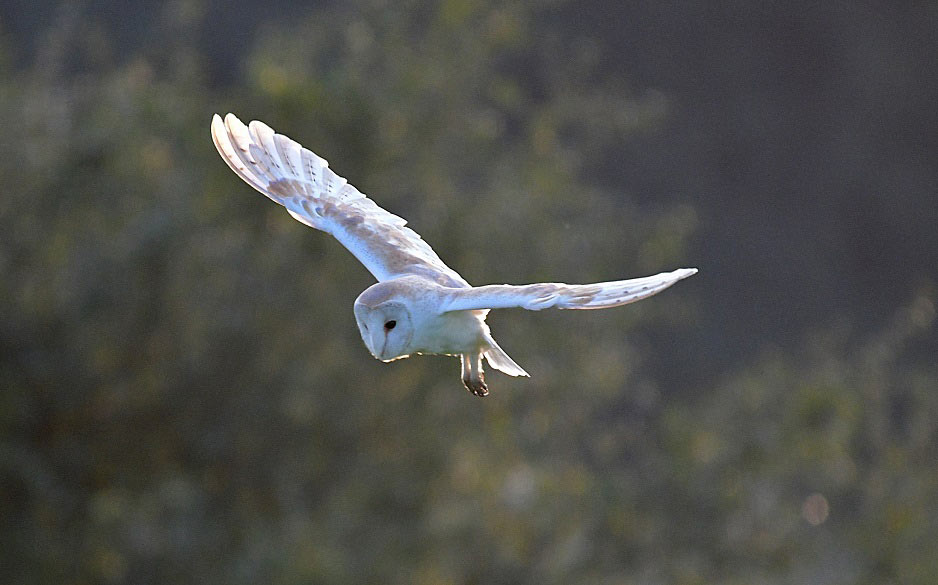Study hopes to shed light on barn owl success
Researchers at Nottingham Trent University are aiming to investigate the nesting success of barn owls, to try to shed light on why numbers declined and then recovered.
By Dave Rogers | Published on 1 May 2018
Categories: Press office; Research; School of Animal, Rural and Environmental Sciences;

They want to look at nesting success in relation to factors such as habitat type and food availability so they can better understand the types of habitats the owls do – or don’t – thrive in.
It is hoped that the findings could be used to help safeguard the future of barn owls in the UK.
It is thought that barn owl numbers fell steeply between the 1930s and 1980s due to intensification of farming, loss of traditional nesting sites and road mortalities.
While nesting habitats have declined, barn owls take readily to nest boxes, and so the study will involve monitoring these to examine factors such as how many eggs they lay and how many young fledge.
They will also look at the size, weight and age of the adult birds at the same time.
The university’s School of Animal, Rural and Environmental Sciences and volunteer bird ringers the South Notts Ringing Group will check about 200 barn owl boxes in Nottinghamshire and Lincolnshire as part of the study – including some at the university’s Brackenhurst Campus.
“Although barn owls populations have largely recovered from the decline, we need to understand what measures have helped this recovery the most, so that we can ensure the species remains,” said Dr Louise Gentle, course leader for wildlife conservation in the university’s School of Animal, Rural and Environmental Sciences.
She said: “We want to know if there is a relationship between nesting success and habitat, such as farming systems and food sources. Are the owls feeding primarily on field voles or is there a diverse range a prey including mice and shrews, for instance.
“Our preliminary findings from previous work indicate that barn owls prefer field voles, and that they have greater success in habitats that have more long grass such as field margins, where they tend to hunt for their preferred prey.”
As part of future work, the researchers also hope to look at the owls’ exact movements and land usage.
Notes for Editors
Press enquiries please contact Dave Rogers, Public Relations Manager, on telephone +44 (0)115 848 8782, or via email; or Chris Birkle, Public Relations Manager, on telephone +44 (0)115 848 2310, or via email.
About Nottingham Trent University
- Nottingham Trent University was named University of the Year 2017 at the Times Higher Education Awards and Modern University of the Year in the Times and Sunday Times Good University Guide 2018. The award recognises NTU for its strong student satisfaction, quality of teaching, overall student experience and engagement with employers.
- Nottingham Trent University (NTU) has been awarded the highest, gold, rating in the Government’s Teaching Excellence Framework for its outstanding teaching and learning.
- NTU is one of the largest UK universities with nearly 28,000 students and more than 3,500 staff across four campuses, contributing £496m to the UK economy every year. It is one of the most environmentally-friendly universities, containing some of the country’s most inspiring and efficient award-winning buildings.
- The University is passionate about creating opportunities and its extensive outreach programme is designed to enable Nottingham Trent to be a vehicle for social mobility. NTU is the sixth biggest recruiter of students from disadvantaged backgrounds in the country and 95.6% of its graduates go on to employment or further education within six months of leaving.
- NTU is home to world-class research, winning The Queen’s Anniversary Prize in 2015 - the highest national honour for a UK university. It recognised the University’s pioneering projects to improve weapons and explosives detection in luggage, enable safer production of powdered infant formula and combat food fraud.
- With an international student population of approximately 2,600 from around 100 countries, the University prides itself on its global outlook.